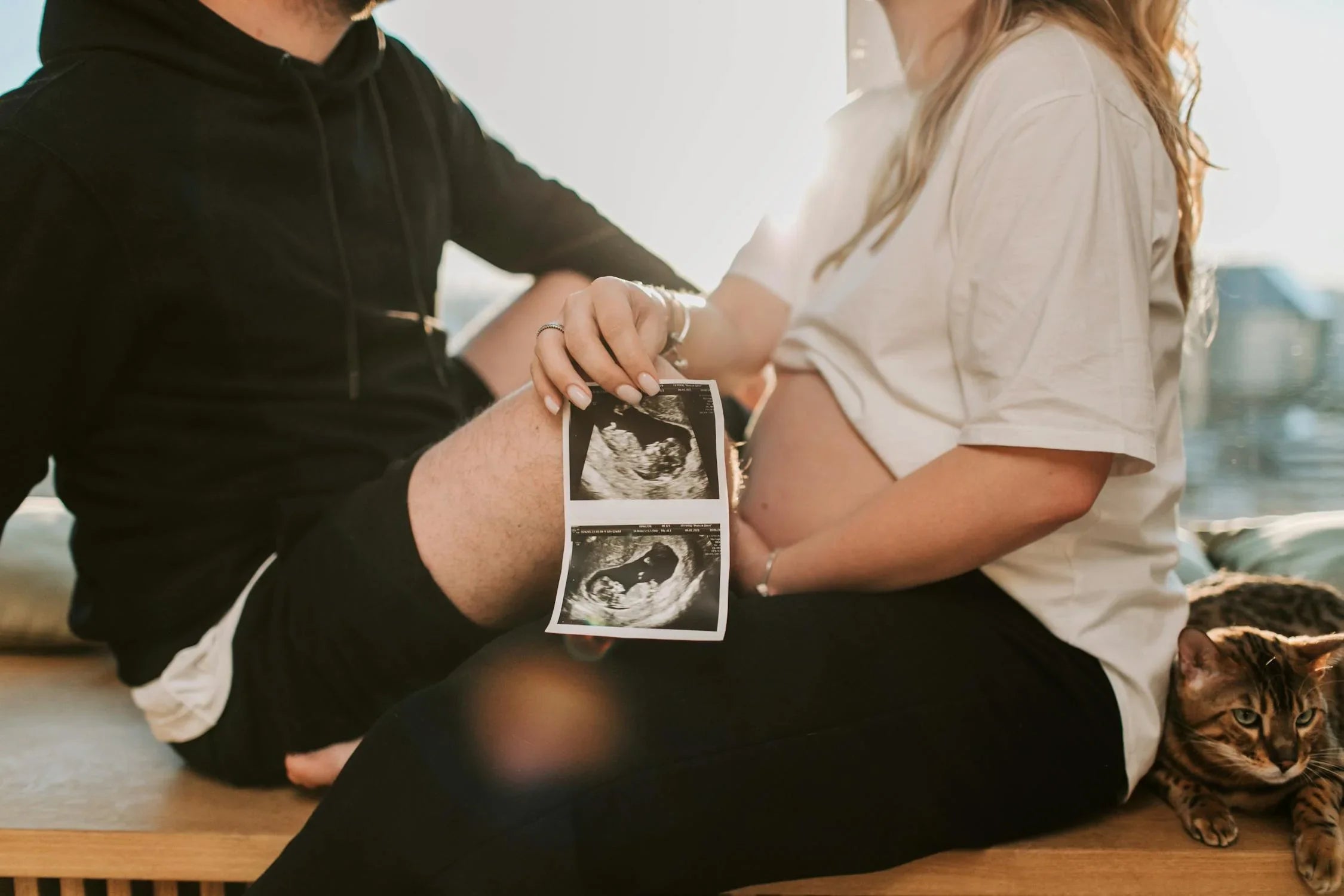Startseite
Pregnancy, Breastfeeding, and Pumping: The Ultimate Guide for Moms
How Many Days Post Ovulation Positive Pregnancy Test Reveals the Truth

How Many Days Post Ovulation Positive Pregnancy Test Reveals the Truth
For many women trying to conceive, the wait between ovulation and taking a pregnancy test can feel like an eternity. Understanding how many days post ovulation a positive pregnancy test can occur is crucial for managing expectations and reducing anxiety. This article delves into the science behind pregnancy tests, the optimal timing for testing, and the factors that can influence the results.
Understanding Ovulation and Conception
Ovulation is the process where an egg is released from the ovary, typically occurring around the midpoint of a woman's menstrual cycle. Conception happens when a sperm fertilizes the egg, usually within 24 hours after ovulation. After fertilization, the fertilized egg, or zygote, begins to divide and travel down the fallopian tube towards the uterus, where it will implant into the uterine lining.
The Role of hCG in Pregnancy Detection
Human Chorionic Gonadotropin (hCG) is a hormone produced by the placenta shortly after implantation. This hormone is the key marker that pregnancy tests detect to confirm pregnancy. The levels of hCG increase rapidly in the early stages of pregnancy, doubling approximately every 48 to 72 hours.
How Many Days Post Ovulation Can You Test Positive?
The timing of a positive pregnancy test post ovulation depends on several factors, including the sensitivity of the test and the implantation timing. Here’s a general timeline:
- 6-8 Days Post Ovulation: Implantation typically occurs around this time. However, hCG levels are still too low to be detected by most pregnancy tests.
- 9-10 Days Post Ovulation: Some highly sensitive pregnancy tests may detect hCG at this stage, but results can still be unreliable.
- 11-12 Days Post Ovulation: This is when most women can expect a positive result on a standard pregnancy test, provided implantation has occurred.
- 14 Days Post Ovulation: By this time, if implantation has occurred, hCG levels should be high enough to yield a positive result on virtually all pregnancy tests.
Factors Influencing Test Accuracy
Several factors can affect the accuracy of a pregnancy test, including:
- Test Sensitivity: Different tests have varying levels of sensitivity to hCG. More sensitive tests can detect lower levels of hCG earlier in pregnancy.
- Timing of Implantation: Implantation can occur anywhere from 6 to 12 days post ovulation. The later the implantation, the longer it will take for hCG levels to rise to detectable levels.
- Urine Concentration: The concentration of hCG in urine can vary throughout the day. Testing with first-morning urine, which is more concentrated, can increase the likelihood of an accurate result.
- User Error: Incorrect usage of the test, such as not following the instructions properly, can lead to false results.
When to Take a Pregnancy Test
To maximize the accuracy of a pregnancy test, it’s generally recommended to wait until at least 12-14 days post ovulation. Testing too early can result in a false negative, even if conception has occurred. If you receive a negative result but still suspect you might be pregnant, wait a few days and test again.
Emotional and Psychological Considerations
The wait between ovulation and taking a pregnancy test can be emotionally taxing. It’s important to manage expectations and understand that early testing may not always provide definitive results. Seeking support from loved ones or online communities can help alleviate some of the stress associated with this waiting period.
Medical Advice and Next Steps
If you receive a positive pregnancy test, it’s advisable to schedule an appointment with a healthcare provider to confirm the pregnancy and begin prenatal care. If you receive a negative result but your period does not arrive, consult with a healthcare professional to rule out other potential issues.
Understanding how many days post ovulation a positive pregnancy test can occur is essential for anyone trying to conceive. By knowing the science behind the test and the factors that influence its accuracy, you can approach the process with greater confidence and peace of mind. The journey to parenthood is filled with anticipation, and being informed can make the wait a little easier.
Teilen


